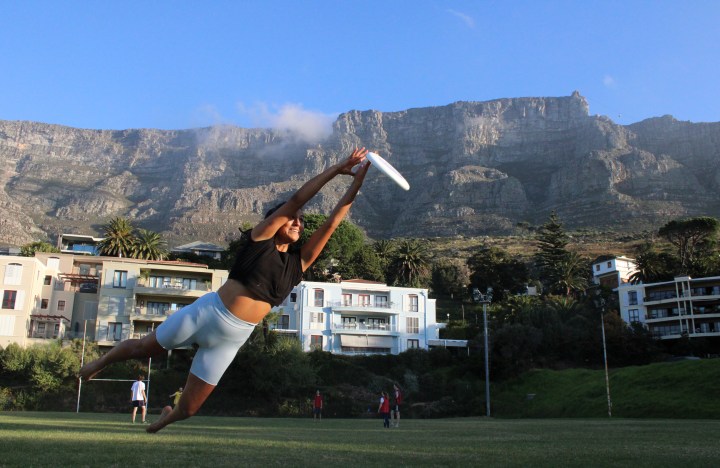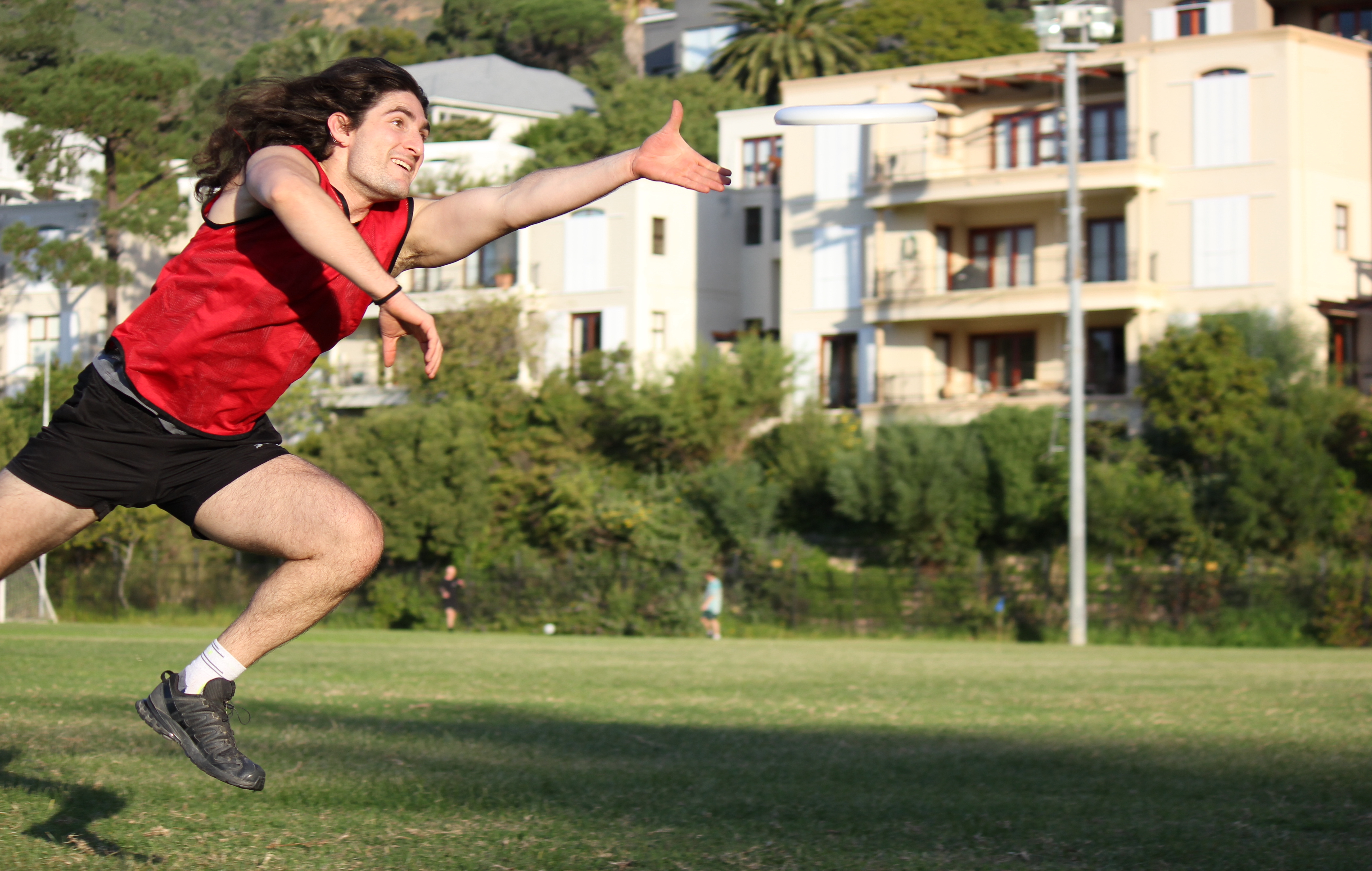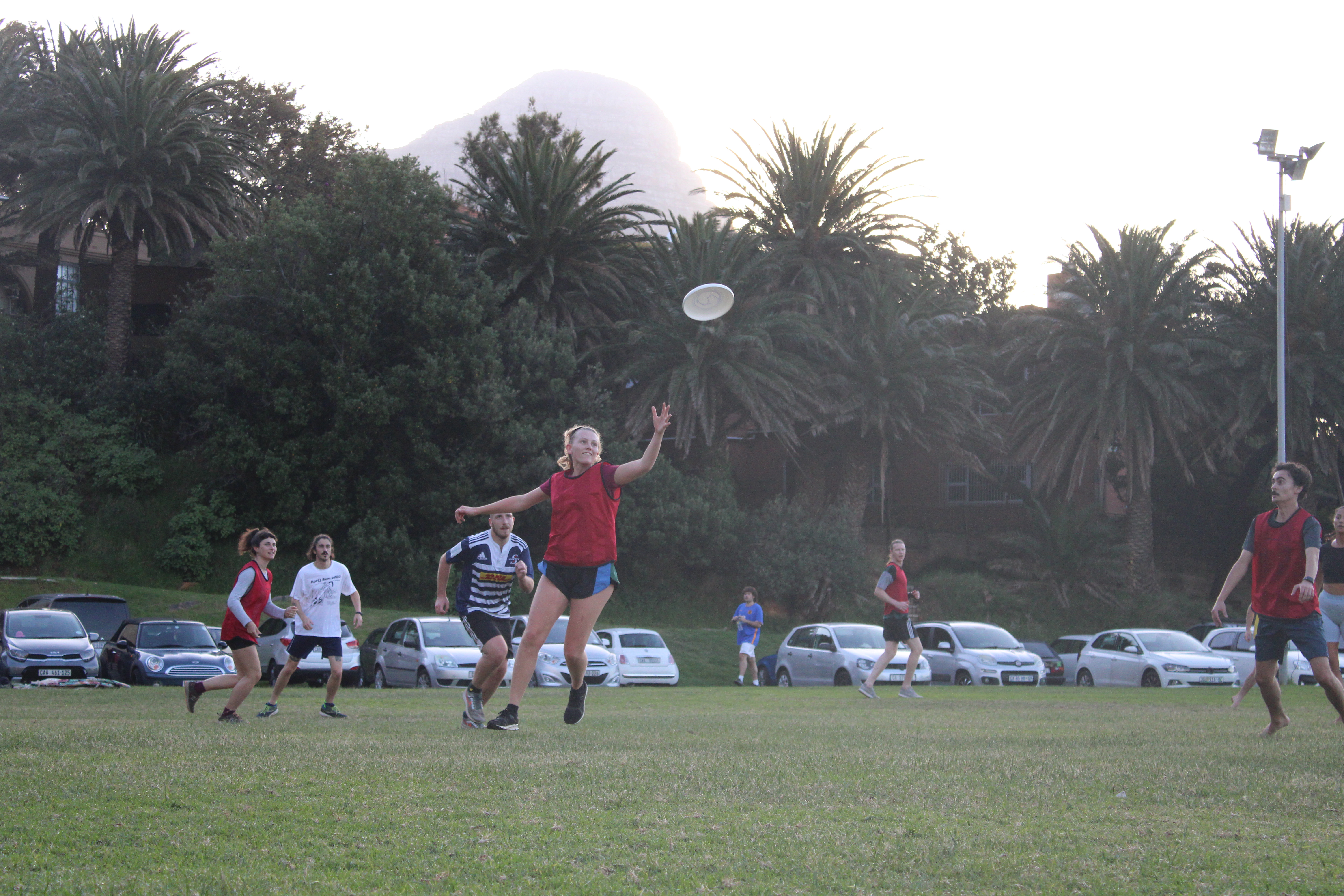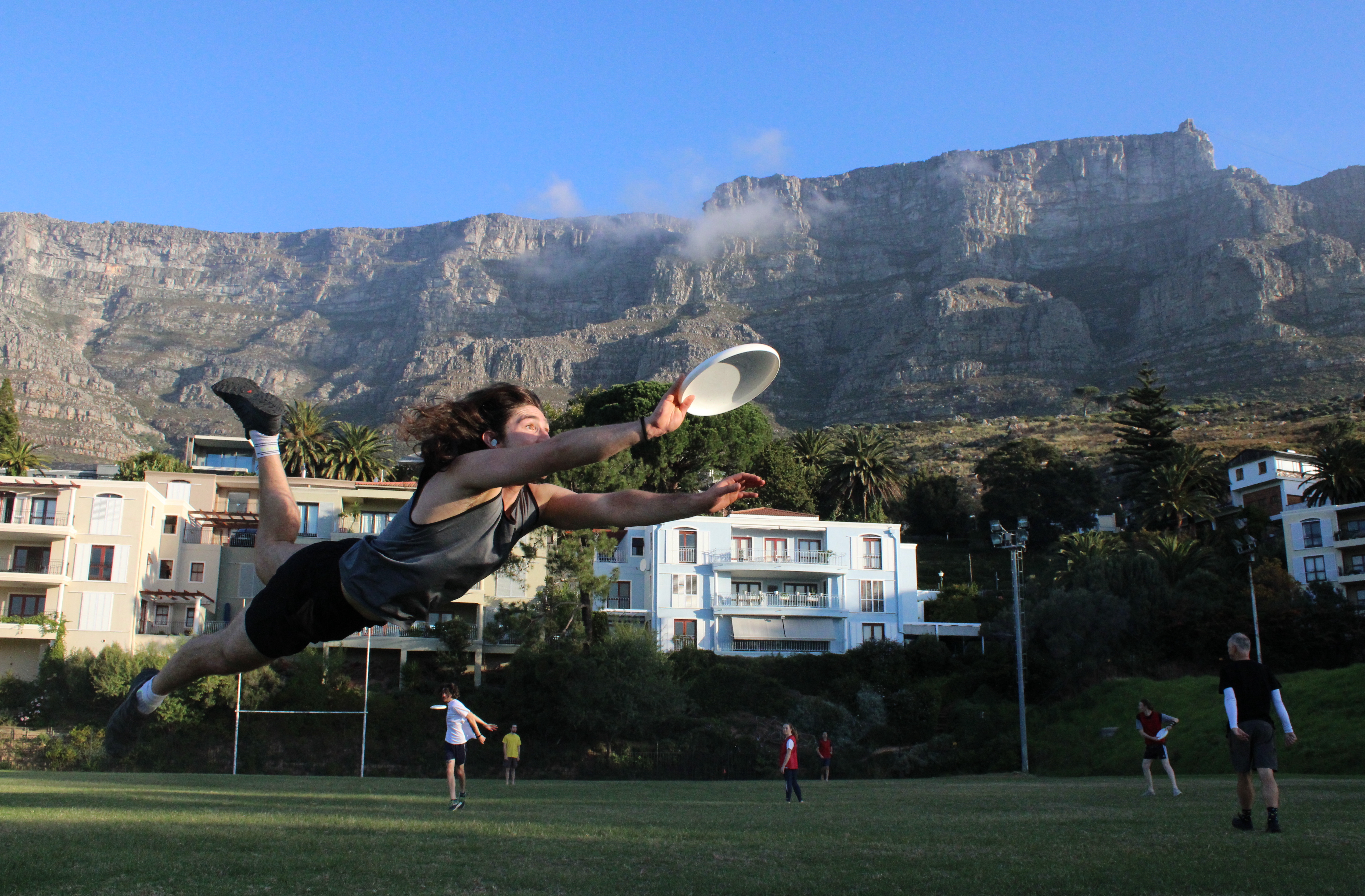WELLNESS
Why you should play Ultimate frisbee – and so should your kids

Ultimate is a uniquely welcoming team sport for people who were intimidated by the meritocracy of school sport. It’s self-officiated, egalitarian, non-contact and has a fast learning curve.
Exercising and playing sports (in the broadest sense of the word) is usually good for people. That is a scientifically justifiable and scarcely disputed claim, and it’s why a “physical activity” has remained a feature of our global culture throughout the evolution of our species; so why do some of us flinch at the very mention of it? And why are school sports sometimes remembered as traumatic?
While sports are handled differently from school to school, the traditional education system seems to predispose school sports to meritocracy. As in any meritocracy, there are those who flourish and swear by the competitive nature of the system itself, and just as many left behind who suffer from it. This is why some people’s relationships to sport and exercise are permanently damaged by memories of belittling in their school years – teased for a lack of ability, chosen last in the schoolyard pick, forced to do a sport they didn’t want to do, embarrassed to wear the standardised sportswear, and even compared to one’s classmates and graded in PE.
Ultimate Frisbee is an antidote to sports toxicity
My dad had come across Ultimate in 1988 in New York, where it was already popular, so I grew up playing frisbee, but we’d only have enough people around who were interested in playing a game of Ultimate once a year on family holidays.


Tevya Turok Shapiro catches a frisbee during an Ultimate practice session in Cape Town. (Photo: Ethan Jacobs)
My first experience of Ultimate frisbee as a competitive sport was also in New York – a pick-up game at a sports park in Queens. I fell in love with the sport immediately, and the reasons for that had little to do with me – it was about everyone else on the field. It was an almost 50-50 split of men and women, ethnically diverse, many players old enough to be my parents and a few of them young enough that they would play in school uniform. More importantly, it was the most unique competitive environment I’d ever experienced.
The level of gameplay was high and yet new players were excitedly welcomed, and rather than being avoided so as not to lose, teams would make a point of passing to the newbies whenever possible.
The games were loud, intense and exhausting, but there was a collaborative atmosphere such that it was common to cheer for a player on the other team when they pulled off an impressive manoeuvre.
There was nothing unique about this particular pick-up game. These inclusive, uplifting qualities are ideologically characteristic of Ultimate frisbee: the sport was born at the height of American counterculture, and its rules and ethos reflect the progressive, inclusive, hippy-dippy sensibility of the Sixties (in its early days, the Ultimate community even referred to themselves as the Frisbee Family). It operates on a set of heart-warming guidelines known as Spirit of the Game (SOTG) that discourage “win at all costs” behaviour.

Elena Piller intercepts the disc during a pick-up game of Ultimate in Cape Town. (Photo: Nina Turok Shapiro)
For example, if a player fouls another accidentally, they are expected to call it themselves. Even at the highest level of the game, Ultimate is self-officiated – there’s no referee.
Typically, teams have seven players, with a gender ratio of four to three that swaps throughout the game. In my experience, this rule drastically improves the mood of the sport and is possibly why Ultimate is so conducive to forming communities.
What’s even more refreshing is that in casual games the gender ratio is seldom strictly observed because mixing has been normalised in the sport to the extent that the gender rule is no longer necessary.
Why your kids should be playing Ultimate
As a result of SOTG and the balance of genders on the field, Ultimate is an easy sport to jump into for newcomers and people who have been less inclined towards team sports.
There’s a fast learning curve, and less pressure on a beginner because, compared with most sports with teams of a similar size, such as five-a-side football or sevens rugby, one inexperienced player on a team is less of a disadvantage. Fitness and skill will come with time, and enhance the experience, but a comforting realisation for beginners is that because of the openness of the community, you don’t need much of either to get a lot out of Ultimate.
For these reasons it’s an excellent sport to offer in schools too. Schools in the US have been doing so for decades and over the past few years it has caught on in schools all over the world. At least nine schools in Cape Town already offer it. Arguably, it can teach sportsmanship to kids better than any other sport, because playing fairly is even more important than playing skilfully, and SOTG makes it almost impossible to get away with any form of intimidation.
Kids benefit from gender-mixed Ultimate for the same reason they benefit from co-ed education – it means sport becomes one less aspect of their lives in which they’re batched by socialised identity categorisation. Ultimate is also one of the most financially accessible team sports – all that’s really required is a plastic disc and a space to play, and unlike soccer or rugby, it’s a non-contact sport.
There are myriad physical and mental benefits of team sports over and above those that come with outdoor exercise: community and cooperation skills, the self-discipline that comes from practice, and the self-confidence that comes from improvement. These things benefit us at any age and a more collaborative option like Ultimate might mean more kids feel confident enough to take part in team sports.
Why you should play it too
Shortly before Covid, I accidentally started my own Ultimate frisbee pick-up game. It began with just six of us playing on the beach and has evolved into an exuberant still-growing community of 90 people who have weekly games at fields in the Cape Town City Bowl.
Almost half of that group are people who didn’t consider themselves “sporty” before joining. Many of them hated sports in school and had to be convinced to give this a go, yet they went on to love it and become the most enthusiastic regulars each week. Anyone is welcome – dads, little sisters or that random person you met last weekend – and this steady stream of first timers makes it a wonderfully social space and means that players are always helping newer players.

Tevya Turok Shapiro catches a frisbee during an Ultimate practice session in Cape Town. (Photo: Nina Turok Shapiro)
Ultimate is now widespread enough that there’s almost certainly a club, league or pick-up game within your reach. The South African Flying Disc Association has a comprehensive list of them on its website. Smaller groups like the Cape Town Flying Disc Association provide even more area-specific options, and if you reach out to them you’ll find they’re enthusiasts who are excited to welcome you into the fold. There are also inclusive social media groups like Gauteng Ultimate, and if all else fails there are even sites like Pickupultimate.com which generate a map of pick-up games in your area.
Elena Piller, one Ultimate frisbee player, explains: “My experience of sport in school was very minimal, which is why joining this frisbee team some time after school was so important for me, so big in my life. I played a little bit of sports through primary school and up to Grade 9 and wasn’t good. I didn’t feel like I could keep up with other people so I just pulled out. I didn’t realise that wasn’t the point of team sports or school sports. So I just left it completely, and that led to my not feeling able to keep up with my friends in a physical way.
“Being part of a team sport recreationally and socially has really changed my day-to-day life. I think I have more confidence; it helps me unwind; and now I even look forward to Mondays!” DM/ML




 Become an Insider
Become an Insider
That sounds like fun! Now where do we get information on how to play this game?
Lol, “the meritocracy of school sports”?? Another participation award candidate it seems.. Love the Frisbee but this article makes it sound like woke football.